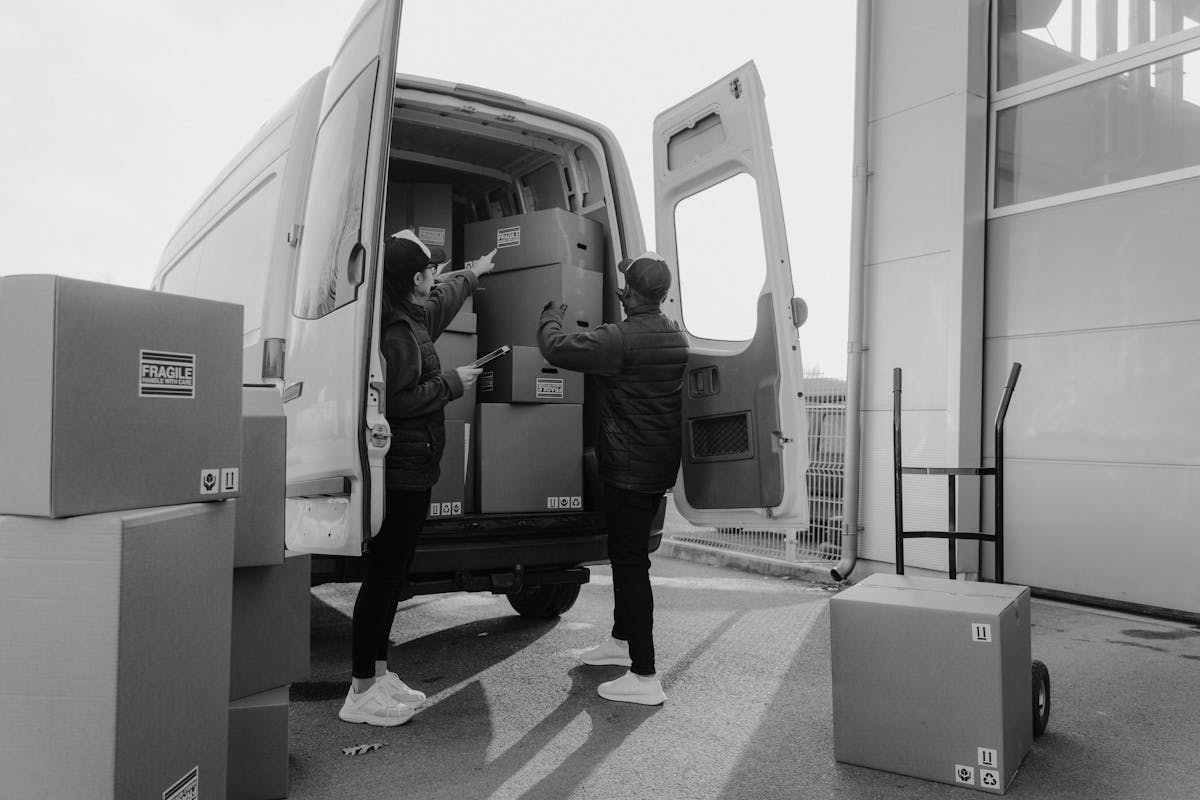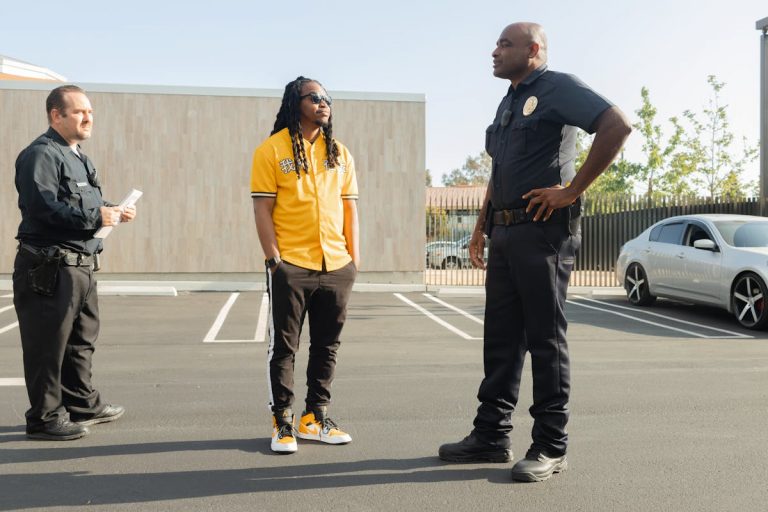Arizona’s open container laws serve as a critical mechanism for promoting safety on public roads by prohibiting the possession of open alcohol containers within the passenger area of both moving and stationary vehicles. The laws, however, are not without exceptions and complexities, and the penalties for violation can be severe. As we examine this issue further, we will unravel the intricacies of these laws, explore case examples, and provide practical advice for avoiding related violations.
Understanding Arizona’s Open Container Laws
A vast majority of drivers in Arizona are unfamiliar with the specifics of the state’s open container laws. This lack of knowledge has contributed to a public perception that these laws are lenient or non-enforceable. However, the legal implications of violating these laws are far-reaching and severe.
From a legal perspective, the open container laws in Arizona prohibit the possession of any open alcohol container within the passenger area of a motor vehicle that is located on a public highway or right of way. The law applies regardless of whether the vehicle is in motion or parked. Violation of these laws can result in significant fines and penalties.
Contrary to public perception, Arizona law enforcement agencies are stringent in enforcing open container laws. The state has been proactive in educating its citizens about these laws, with the aim of reducing incidents of drunk driving and promoting road safety. However, given the complexity of these laws and the varying degrees of interpretation, it is essential for drivers to have a clear understanding of their legal obligations. Ignorance of these laws can result in legal consequences that can have long-term effects on an individual’s driving record and insurance premiums.
The Basics of Open Containers
Understanding the basics of open containers is an essential part of comprehending Arizona’s open container laws. Open container regulations broadly refer to laws that prohibit individuals from possessing alcohol in publicly accessible areas. This includes open bottles, cans, or any other unsealed alcohol containers. The intent is to limit public intoxication, drunk driving, and associated antisocial behaviors.
In Arizona, these regulations are stringently enforced. The state law, ARS 4-251, defines an open container as any container that has a broken seal, or from which some of the contents have been removed. This law applies to both drivers and passengers of a vehicle, regardless of whether the vehicle is in motion or stationary. It also extends to public spaces like streets, sidewalks, parking lots, and any publicly accessible premises.
However, it’s worth noting that the law doesn’t just apply to alcoholic beverages. It also includes substances that contain any amount of spirituous liquor, which have the potential for abuse due to their alcohol content. Understanding these basics will help in maneuvering through the complexities of Arizona’s open container laws and avoid potential legal repercussions.
Exceptions to the Open Container Laws
Maneuvering the complexities of Arizona’s open container laws, it is essential to note that there are specific exceptions to these regulations. For instance, passengers in a vehicle that is designed, maintained, and used primarily for the transportation of individuals for compensation, such as taxis or limousines, are exempt from the open container law. Additionally, the law does not apply to individuals who are in the living quarters of a motorhome, recreational vehicle, or truck camper.
The law also makes allowances for public events and designated areas. In Arizona, open containers are permitted during certain public events, like festivals or concerts, where alcohol consumption is a recognized part of the event. However, the alcohol must be consumed within the designated areas set by event organizers, typically cordoned off and clearly marked. Outside these designated areas, open container laws are still enforced.
It’s important to understand these exceptions to avoid inadvertent violations of the law. However, when in doubt, it is always safer to avoid having open containers in public spaces or vehicles unless absolutely certain that it falls within one of the allowed exceptions.
Penalties for Violating Open Container Laws
In the event of a violation of Arizona’s open container laws, the repercussions can be quite severe. The legal consequences are designed to deter individuals from indulging in such activities that endanger public safety and order.
The open container penalties in Arizona are centered around the imposition of fines, which typically range from $250 to $500. However, the actual penalty may vary depending on the circumstances surrounding the offense and the offender’s past criminal record. The violation of the open container laws is considered a Class 2 misdemeanor in Arizona, carrying potential jail time of up to four months.
Moreover, the misdemeanor conviction can have long-term implications, such as increased insurance premiums and potential difficulties in obtaining certain kinds of employment. It is vital to note that these penalties apply not only to drivers but also to passengers who violate the open container laws.

Enforcement of Open Container Laws
Arizona law enforcement agencies, such as the highway patrol and local police departments, play an essential role in enforcing the state’s open container laws. Their enforcement strategies consist of routine traffic stops, sobriety checkpoints, and surveillance of areas known for alcohol-related problems. These methods are designed to deter and catch offenders, ultimately ensuring public safety.
The legal implications of violating open container laws in Arizona are significant. If an officer finds an open container of alcohol in a vehicle, the driver may be cited, regardless of whether they are under the influence. This violation is a class 2 misdemeanor, which could lead to fines, probation, or even jail time. Furthermore, offenders may also face increased insurance premiums or even policy cancellations.
The effectiveness of these enforcement strategies is reflected in the state’s alcohol-related traffic statistics. According to the Arizona Department of Transportation, the number of alcohol-related crashes has been on a steady decline over the past decade. This trend suggests that the enforcement of open container laws is helping to reduce the incidence of drunk driving and its associated dangers in Arizona. This makes it vital for drivers to be aware of and comply with these laws.
Open Containers and Vehicle Types
The application of Arizona’s open container laws can vary greatly depending on the type of vehicle involved. It is essential to understand the specific regulations for each vehicle category, as they can greatly impact both the driver and passengers. In the following discussion, we will explore these distinctions and the underlying legal principles for an extensive understanding of the topic.
Understanding Arizonas Open Container Laws
Operating a vehicle while in possession of an open container of alcohol is a serious violation of Arizona’s traffic laws. The open container regulations in the state are stringent, aimed at reducing instances of drunk driving and maintaining public safety.
Under Arizona law, an open container is defined as any receptacle that contains any amount of alcoholic beverage and that is open, or has a broken seal, or the contents of which are partially removed. It’s crucial to recognize that this law applies to all types of vehicles, including not only personal vehicles but also public transportation.
Public transportation rules in Arizona also prohibit the possession of open containers of alcohol. This includes buses, trams, and trains. These rules are in place to promote the safety of all passengers and to foster a comfortable and respectful environment for all.
Understanding these laws is essential for any person consuming alcohol in Arizona, whether they are a resident or a visitor. Failure to comply can result in significant fines, loss of driving privileges, and even incarceration for repeat offenders. Always remember to drink responsibly and abide by the law.
Regulations for Different Vehicles
Open container regulations in Arizona apply to a wide array of vehicles, each with its specific set of rules. Motorcycle regulations, for instance, are stringent. Riders and passengers are strictly prohibited from having open containers while on the motorcycle, whether the vehicle is in motion or parked. This rule is applicable regardless of whether the alcohol is within immediate reach of the driver or passenger.
Bus guidelines differ somewhat. While drivers are forbidden from having open containers, passengers are generally allowed to do so unless explicitly stated by the bus company’s policy. This is applicable to chartered buses, long-distance coaches, and party buses. It’s crucial to check with the specific bus company for their policy regarding open containers.
However, commercial vehicles such as taxis, limousines, and rideshares fall under a more complex set of rules. While drivers are prohibited from having open containers, passengers may be permitted to do so, depending on the company’s policy and the local jurisdiction. It’s always advised to ask for permission beforehand to avoid any legal complications. In all cases, the overarching principle of Arizona’s open container law is to prevent impaired driving and guarantee public safety.
Case Examples of Open Container Violations
Instances of open container violations in Arizona serve as concrete illustrations of how the law operates in practice. Case studies reveal a range of situations, demonstrating the extensive nature of these regulations.
One such case occurred in Phoenix, where a passenger was penalized for having an open beer can in the car. Despite not being the driver, the court upheld the citation, reinforcing the principle that open container laws apply to all vehicle occupants.
In Tucson, a driver was charged after police discovered an opened bottle of liquor in the trunk. The driver contended that he was unaware of its presence, but legal precedents established ignorance as no defense. This case underscored the importance for vehicle owners to be vigilant about the contents of their car.
Lastly, a case in Mesa involved a motorcyclist with an open container in a saddlebag. The court ruling confirmed that these laws also pertain to non-traditional vehicles, extending their reach beyond cars and trucks.
These examples illuminate the breadth of Arizona’s open container laws, underscoring the state’s commitment to promoting safe and responsible behaviors on the road.
Tips to Avoid Open Container Violations
Given the severity and extensive nature of Arizona’s open container laws, as illustrated by the aforementioned cases, it is crucial to adopt measures that can prevent such violations. The first and perhaps most effective method is the use of designated drivers. A designated driver is a person who abstains from alcohol on a social occasion in order to drive his or her companions home safely. This guarantees that the driver is not impaired and reduces the likelihood of open container violations.
Another useful strategy is to take advantage of public transportation. Utilizing buses, trains, or taxis can eliminate the risk of having open containers in your vehicle, as these modes of transportation typically do not permit alcohol consumption. Other solutions include storing alcohol in the trunk of your car or in a locked glove compartment. If you are attending a social event where alcohol is served, consider leaving your vehicle at home to avoid potential violations.
Finally, it is vital to stay informed about the latest changes in Arizona’s open container laws. This includes understanding the specific definitions and exemptions, as ignorance of the law is not a valid defense. By following these tips, you can greatly reduce your risk of open container violations.
Frequently Asked Questions
How Do Open Container Laws Affect Passengers in a Vehicle?
With regard to passenger responsibilities and vehicle regulations, open container laws can lead to penalties for passengers found with unsealed or partially consumed alcoholic beverages within the vehicle’s accessible areas.
Can Open Container Laws Impact My Driving Record?
Yes, open container penalties can impact your driving record. Violations may result in points added to your record, fines, potential license suspension, and can affect future insurance premiums and employment opportunities.
What Qualifies as an ‘Open Container’ Under Arizona Law?
Under Arizona law, an ‘open container’ is defined as any receptacle holding alcohol with a broken seal or partially consumed contents. The presence of such a container in a vehicle has significant legal implications.
Does an Open Container Citation Affect My Car Insurance Rates?
Yes, an open container citation can have insurance implications, potentially leading to increased rates. The severity of this impact varies according to your insurer’s policies and the legal consequences of the citation in your jurisdiction.
Can I Contest an Open Container Ticket in Court?
Yes, you can contest any traffic citation, including an open container ticket, in court. Familiarize yourself with court procedures and obtain legal counsel to understand the implications and potential outcomes of contesting tickets.





